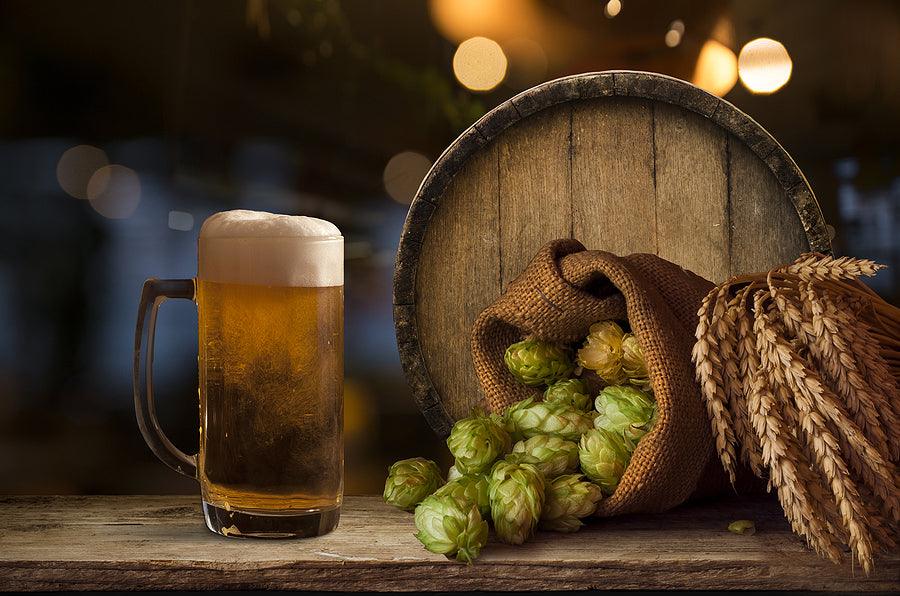
Great Britain has a long-standing tradition of beer brewing that runs through nearly its entire history, from particularly delicious barrels of alcohol-free beer to ancient home brews.
During that time the purpose of beer has changed considerably as has its formulation. Exceptionally early beers, such as the 13,000-year-old beer found in Haifa, Israel, as well as Sumerian and especially Ancient Egyptian beers, were consumed more like gruel than as drinks.
It was often drunk in collective bowls and served a range of purposes from being a source of nutrition and clean drinkable hydration to even being used as an early form of antibiotic medicine by the Ancient Nubians.
This is part of the reason why beer drinking is ubiquitous in so many parts of the world; the process was used to purify water that may otherwise have been unsafe to drink.
Interestingly, the origins of beer brewing in the UK predate the invasion of Britain by the Romans and were discovered in 2019 during the surveying process for a £1.5bn upgrade to the A14 road in Cambridgeshire.
The fragments of charred beer residue were dated to roughly 400BC, nearly 450 years before the Roman conquest, and were detected with the help of a scanning electron microscope, which was able to determine the subtle differences between beer, bread and porridge.
The site is also important as it resided in East Anglia, an area well known for its high-quality maritime barley that was a key part of the beer brewing process as it became more industrialised.
Whilst the archaeologists did not precisely work out the exact type of beer, Roger Protz, the former editor of the CAMRA Good Beer Guide, suggested that it could be curmi, a grain-based beer that was made with herbs and spices that balance the malt’s sweetness.
Many beers made before the 15th century would have been made with grain, as hops were not regularly used until the 1400s.
